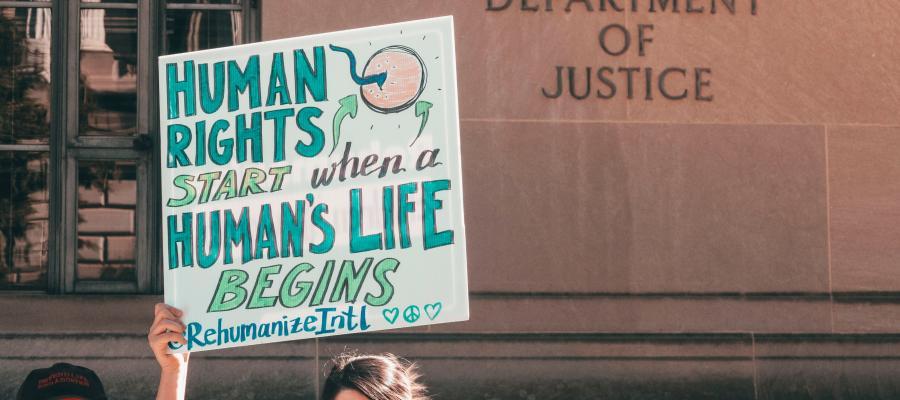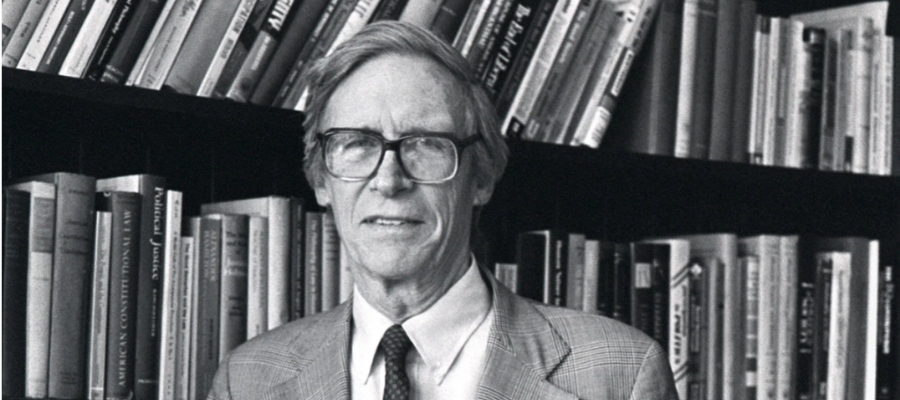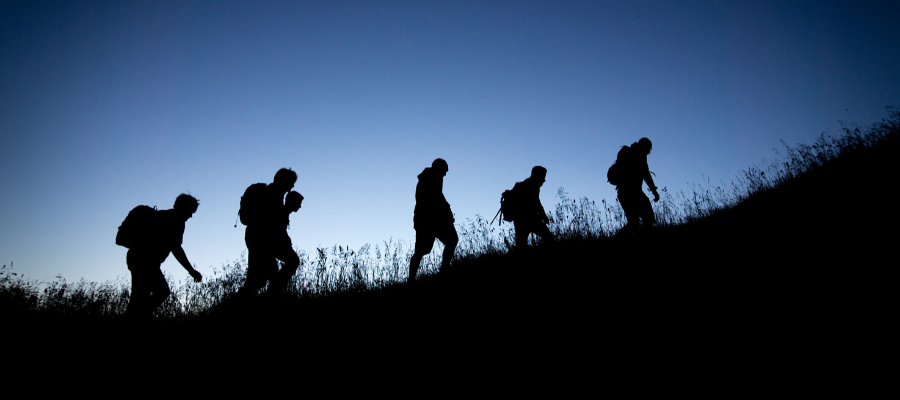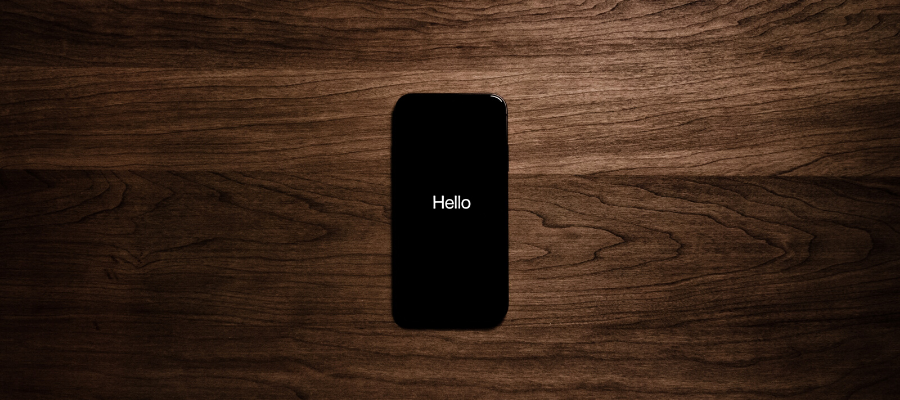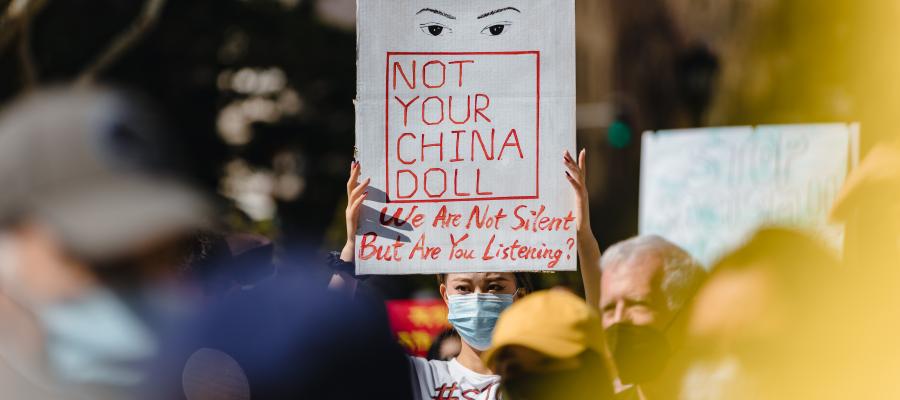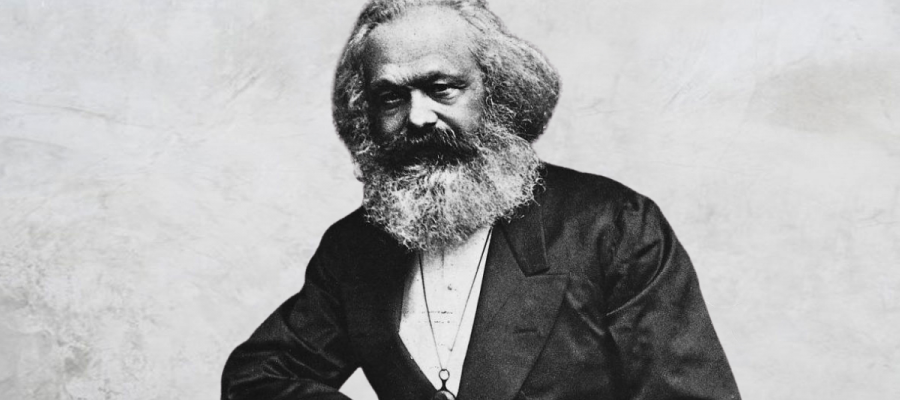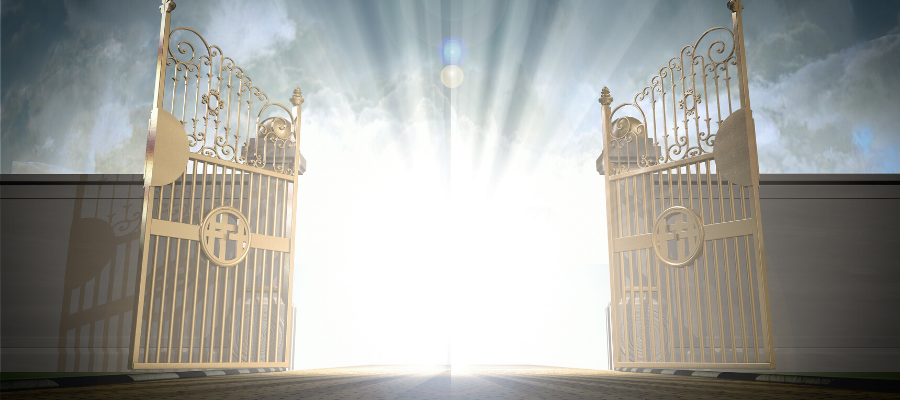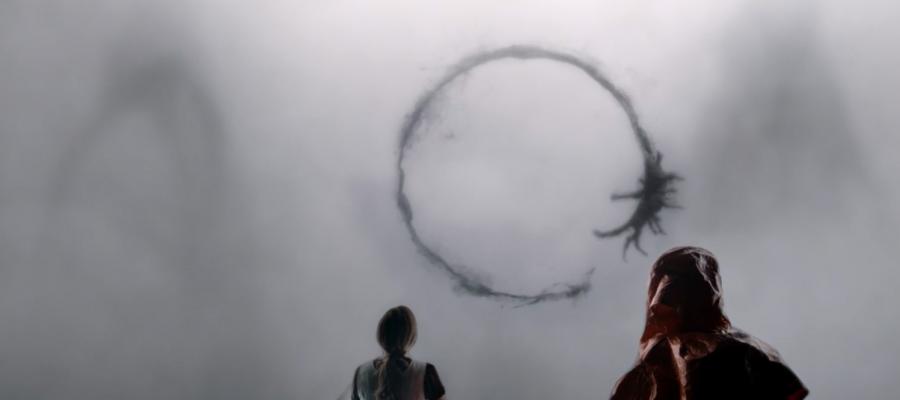Abortion and Humanity
12
Oct 2020
In my last blog I discussed how some opponents of abortion misappropriate my work on dehumanization to support their position. They claim that abortion advocates dehumanize the unborn, and that abortion is analogous to genocidal murder. I explained why this argument doesn’t work. My theory of dehumanization—as described, for instance, in my most recent book On Inhumanity—is that dehumanizing others boils down to conceiving of them as subhuman creatures in human form. But even the most ardent supporters of a women’s right to choose do not conceive of the unborn as vicious monsters or...
Read moreOlfactory Philosophy
22
Mar 2023
When philosophers talk about perception, they tend to focus on what we see and hear, and rarely on what we smell. But olfaction is a strange sense that deserves greater philosophical scrutiny. For example, when you see something, it's usually clear what you're looking at: a person or a chair, say. But when you smell something, what exactly is it that you're smelling? The naive view of olfaction might suggest that when you're smelling, say, a delicious loaf of bread, you're just directly smelling a delicious loaf of bread. But the problem with this view is that often what we...
Read moreSubway Spreading and Personal Space (Part I)
14
Nov 2018
Two similarly sized strangers, Ari and Taylor, get on a crowded subway train. They sit down in the last two available seats, which are adjacent. To begin, they take up the same amount of space. Thirty minutes later, though, things look very different. Ari is tight, contained, narrow—crossing their legs, hunching their shoulders, keeping their elbows close. Taylor, on the other hand, is expansive, relaxed, stretched out—spreading their elbows, shoulders, and knees wide. This is a story about spreading out on the subway, and what we need to understand to explain it. The...
Read moreHobbes and the Absolute State
03
Nov 2019
Shouldn’t citizens have a say in how they are governed? Or is that just a recipe for extremism, division, and war? Do we need a ruler with absolute power to maintain peace? This week we’re thinking about Thomas Hobbes and his views about citizenship and the state. Hobbes famously said that life in the state of nature would be “solitary, poor, nasty, brutish, and short.” By “state of nature,” he meant life without any kind of government. Essentially, he’s saying that we need to be governed if our lives are going to be remotely bearable. But is he right to think that? Let’s start with...
Read moreScience, Philosophy, and Theology
06
Jun 2013
For this show, as the title suggests, we're thinking about science, philosophy, and theology—and what their relationship to one another should be. Before the Scientific Revolution, the lines between these three domains were pretty blurry. But as scientists started to gather further evidence for the Copernican model of the cosmos, directly contradicting the religious doctrine that placed the Earth at the center of God’s universe, the divide between science and religion grew. More and more, mysteries that were formerly explained by appeal to a supernatural being were replaced with...
Read moreDisagreement
03
Dec 2010
Isn’t it a bit odd that philosophers disagree? Consider Ken and I. We’re both a reasonably well-educated, fairly intelligent, pretty perceptive, not overly neurotic philosophers. Why shouldn’t we agree about everything? We need to distinguish between apparent and real disagreements. Suppose Ken says lima beans taste good, and I say that he’s wrong, lima beans taste bad. It seems there is no real disagreement here, just differing tastes. We only have real disagreement when two people hold opinions that cannot both be true. Exactly where to draw the line isn’t...
Read moreRawls
13
Dec 2008
When I was in graduate school at Cornell from 1964 until 1968, and for some time after that, American philosophy was dominated by two Harvard philosophers, W.V.O. Quine and John Rawls. Quine's books were required reading not only in the philosophy of language, but also in courses in metaphysics and ontology and epistemology, where his radical extensionalism seemed to be the starting point for rethinking everything. After World War II, the big issues on the ethical and political sides of philosophy seemed to get little attention in American philosophy. That side of...
Read moreNaturalism and Value
10
Apr 2005
This is a response to Ken’s fascinating blog on naturalism, Schopenhauer and value. I’m amenable to his naturalism. But I’m not sure I see the problem of value as a matter of getting something out of nothing. It seems to me that values come out of valuing, and that valuing starts with an attitude we might call “caring whether.” As we look to the future, many facts seem unresolved. Will I eat tonight or go hungry? Will the Cardinals choose an Italian to be Pope, or a non-Italian? Will the White House support Tom Delay, or keep its distance? Will Camilla and Charles...
Read moreAre Self-Help Books Useless?
24
Feb 2017
In a piece on Aeon Magazine, psychologist Rami Gabriel assesses the value of self-help literature. Gabriel talks about the immense power these books often attribute to our own minds over the physical world—usually ignoring social, political, economic, and historical factors. Do these books rely on a sort of magical thinking about the control we have over our lives? Do they feed into an idiosyncratic, American narcissism that prioritizes furthering our pursuits over helping others? Are they even worth reading in the first place? Perhaps unsurprisingly, Gabriel comes down heavily...
Read moreIs Alexa a Setback for Feminism?
19
Mar 2018
Voice-activated personal assistants like Alexa and Siri are becoming increasingly popular, both with tech companies trying to capitalize on a new market and with consumers looking for a little help in their day-to-day activities. While the assistants each try to differentiate themselves in someway, there is one inescapable commonality: they are all female. In this Atlantic article, Ian Bogost explores why this might be, and what it could indicate about personal assistants and the tech companies behind them. With personal assistants, Bogost argues, we are playing into the stereotype of women...
Read moreSimone de Beauvoir
29
Feb 2016
Simone de Beauvoir was probably best known as a novelist, and a feminist thinker and writer, but she was also an existentialist philosopher in her own right and, like her lover Sartre, thought a lot about the human struggle to be free. As a philosopher trained in the analytic tradition, I have to admit, I don’t know a whole lot about existentialism, so I’m curious to discover on this week’s show with guest Shannon Mussett how Beauvoir’s feminist thought relates to her existentialist philosophy. Beauvoir’s most famous work was The Second Sex from 1949, a hugely influential...
Read moreIf God Is Dead, Why Isn't Everything Permitted?
26
Mar 2015
This week we're asking about Morality in a Godless World. There may or may not be a God; but there definitely is morality. So what’s the problem exactly? It's what Dostoyevsky said: if God is dead, then everything is permitted. That means no distinction between right and wrong and thus no morality. Now you can walk into any ethics class, on any secular campus in America, and you’ll find lots of philosophers talking about ethics and morality -- without ever mentioning a word about God. That suggests there’s a consensus among philosophers -- be they Utilitarians, Kantians...
Read moreShould Sex-Identity Be on Birth Certificates?
07
Jul 2017
Why do we think it's so important to assign a sex and gender to a baby at birth? Does it really serve an important public policy or public health purpose, or does this practice more reflect our irrational need to classify people along these axes as quickly as possible? There are lots of characteristics about babies that you can immediately tell about them. Why does sex make the cut? Moreover, why do we think it's then okay to impose a vast set of norms on that child that differ based on the gender culturally associated with that sex? The following Aeon article by Heath Fogg...
Read moreMicroaggressions and Intention
13
Aug 2021
Can subtle slights cause serious harm? Does it matter if no harm was intended? Are microaggressions in the eye of the beholder? Or are they a way to keep certain groups in their place? This week we’re thinking about Microaggressions. Microaggressions are everyday slights that demean or debase others based on their race, gender, sexuality, etc. However, they don’t always look or sound like insults. In fact, the person committing the microaggression might think they’re paying the other person a compliment. For example, when Asian Americans are told they have "excellent English," even...
Read moreMarx the Moralist?
16
Sep 2024
“The Communists do not preach morality at all.” Those are Marx's own words, and they sure seem pretty clear: Marx hated morality. He called it a bourgeois prejudice, a way to trick workers into being docile drones instead of rebelling against the system. And yet at other times Marx sounds very much the moralist. He's constantly railing against capitalist business owners, saying they exploit their workers, deprive people of dignity, and suck the life out of society. Marx thought we could do better than bourgeois morality: there’s a real morality out there, he implied, ready to...
Read more#FrancisOnFilm: Shazam!
02
May 2019
Shazam! is the latest of the DC comics superhero movies, featuring foster child Billy Batson (aka Captain Marvel). Like Batman and Wonder Woman before, Shazam! is based on the exercise of transformative superpowers. Billy isn’t a very sophisticated wielder of his powers—indeed, part of the fun of the movie is watching him bumbling into figuring out the powers he has and how he might use them to bring good into the world. So it’s easy to see Shazam! as innocent and uplifting fun. But it’s also useful to think more about what Shazam!’s audiences (who paid over $159 million worldwide its...
#FrancisOnFilm: Crip Camp
30
Apr 2020
Movie theaters are dark; and Netflix subscriptions are up. Maybe you, like me, are both eager for all this to be over, and apprehensive about what the future might bring. For a dose of optimism, reflections on freedom, and a very good film, check out Crip Camp: a Disability Revolution. I had the good fortune to see it with a very vociferous and appreciative crowd at the 2020 Sundance Film Festival in Salt Lake City, where it also won the Audience Award. Directed by Nicole Newnham and Jim LeBrecht, the film draws on extensive archival footage from Camp Jened, a summer camp for...
Tainted by the Sins of Our Fathers?
21
Jul 2014
This week, we’re discussing moral taint and collective responsibility. We’re asking the question, “Can we be tainted by the sins of our Fathers?” You might think that the answer is that we certainly can. Adam and Eve ate that darned apple and tainted all humankind with Original Sin. Now I know that that’s the biblical theory… but, frankly, I don’t get it. I have never gotten it. They ate the apple. Not us. Why would a loving God hold us – their descendants – responsible for what they did? What kind of...
Read moreThinking Inside the Box
22
Oct 2011
This week, we are “Thinking Inside the Box!” The box we have in mind? Television -- of all things. We’re looking at TV through the lens of philosophy. Now we admit that television is often descried as a “vast wasteland” of mind-numbing entertainment. That’s how Newton N. Minnow, former chair of the FCC, described the medium, in a very famous speech, way back described in the 60’s. And for his efforts, he got a shipped named after him – the S. S. Minnow of Gilligan Island fame. Certainly there was...
Read moreThe Ethics of Torture
09
Apr 2010
Is water-boarding torture? If it is, does that make it wrong? Always? Usually? What is torture, and why is it always, usually, or sometimes wrong? Almost every dictionary gives two definitions of torture: a narrow one… inflicting great pain. And a broad one… severe mental anxiety and suffering. Water-boarding clearly counts as torture by the second definition, perhaps the issue isn't clear given the first definition. But sure if our topic is the ethics, or morality, of torture, we need the more inclusive definition – severe mental anxiety and...
Read moreAfterlife
16
Mar 2007
David Hume died in August, 1776, at the age of 65 --- rather young, by my standards (I'm 64) but not unusually so for that age, I guess. The death is well-documented in literature. Realizing that he was dying, Hume wrote his short, charming Autobiography. His student and friend Adam Smith wrote a moving account of Hume's last days. And, most interesting for our purposes, his fellow Scot James Boswell, most famous for his biography of Dr. Johnson, at Johnson's urging, visited Hume to see if the old infidel's skepticism about an afterlife was shaken as death...
Read moreWhat's to be Done?
20
Nov 2005
The journal Topoi has asked a number of philosophers to write essays on the current state and future prospects of philosophy, under the title "What's to be Done?". I thought Philosophy Talk bloggers and bloggees might be interested in my essay, so here it is.Topoi provides an excellent expression of a view of philosophy that I share: Topoi's main assumption is that philosophy is a lively, provocative, delightful activity, which constantly challenges our received views, relentlessly questions our inherited habits, painstakingly elaborates on how things could be different,...
Read more#FrancisOnFilm: The Highs and Lows of 2016
10
Jan 2017
The end of a year is a time when film critics reflect on the best and the worst films of the year. Here are my top and bottom five picks for philosophers in 2016, listed alphabetically. Even the worst weren’t awful; they just weren’t my favorites. And I must admit what film critics often don’t: there are a lot of films I didn’t see, and I expect many of them were very good and some were worth missing. I’m the type who likes suspense, so I’ve tried to write these reviews on the assumption that it would be bad to give the endings away. Sometimes that’s meant I’ve had to say less about he...
Read moreFrom Pessimism to Nihilism
20
Mar 2018
Young adult dystopian novels like Divergent and The Hunger Games may have ruled the marketplace in the 2010s, but now there's a new trend in young adult literature: the teen suicide story. Stories of teens committing (or ideating) suicide, like Thirteen Reasons Why and Dear Evan Hansen, have become the new obsession. But why? This article gives a somewhat Freudian analysis of the lastest trends in young adult literature, paralleling the success of the last wave of YA dystopias (from Feed in 2005...
Read moreThe “Complicated” Causes of Gun Death (Part II)
20
Apr 2018
In my last blog, I asked you to imagine a country in which many apartment buildings are built with materials so flammable they easily catch fire, killing dozens of people each episode. The solution to such a problem, it seems, should be for government officials to regulate those building materials so the buildings won’t be so deadly for people who live in them. But in that imaginary country, politicians in the grip of the Materials Rights Association (MRA) defended the use of those flammable building materials, using three “arguments”: “It’s complicated. There are multiple...
Read more